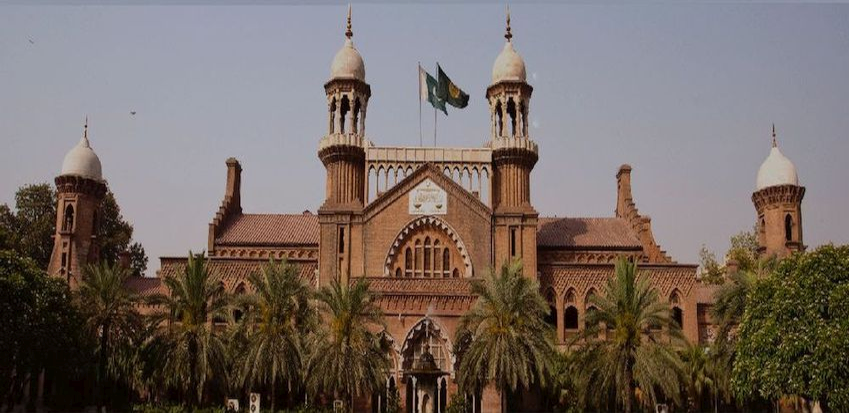The Doctrine of Eminent domain allows the State to acquire Private Property for Public Purposes, provided Statutory Safeguards are adhered to --- Lahore High Court, Lahore
Islamabad 24-01-2025: In a significant ruling, the Lahore High Court (Multan Bench) has dismissed constitutional petitions challenging the acquisition of land for the construction of the Superintending Engineering Complex in Multan. The decision, delivered by Mr. Justice Asim Hafeez, affirmed the legality of the acquisition process under the Land Acquisition Act, 1894 and upheld the principle of eminent domain.
The Petitions, [W.P. No. 1987/2022] and [W.P. No. 6059/2022], were filed by Nasim Hakim and others against the Province of Punjab. The Petitioners alleged that the acquisition process violated their constitutionally protected proprietary rights and statutory safeguards. They contended that no proper notices were issued under Section 9 of the Act, and they were denied the opportunity to object to the acquisition process.
The Court analyzed the acquisition process in detail, noting that:
- Notifications under Section 4 and Section 17(4) of the Act were duly issued and gazetted.
- Pre-award notices under Sections 9 and 10 were served, and pre-award proceedings were conducted with the participation of representatives of interested parties.
- The urgency provisions under Section 17 were appropriately invoked, enabling the government to bypass objections under Section 5-A.
Mr. Justice Asim Hafeez emphasized that the acquisition was for a valid public purpose, and judicial intervention in policy decisions such as site selection was beyond the Court’s remit.
The Court reiterated key principles:
- The doctrine of eminent domain allows the state to acquire private property for public purposes, provided statutory safeguards are adhered to.
- Finality of the Collector’s award under Section 11 cannot be challenged on procedural grounds unless substantial prejudice is shown.
- Challenges to the adequacy of compensation must be raised through remedies provided under Section 18, not Constitutional Petitions.
Dismissing the Petitions, Mr. Justice Asim Hafeez held that the acquisition process complied with legal requirements and did not violate constitutional rights. The Court refused to interfere in policy decisions or invalidate the award based on unsubstantiated claims of procedural lapses.
Powered by Froala Editor








